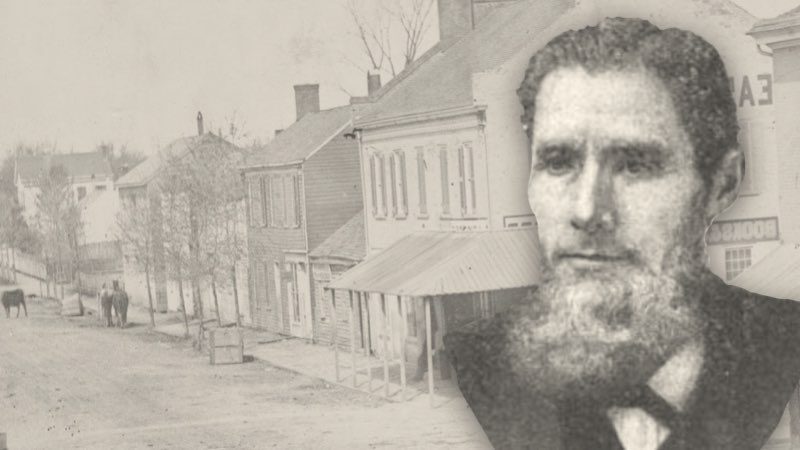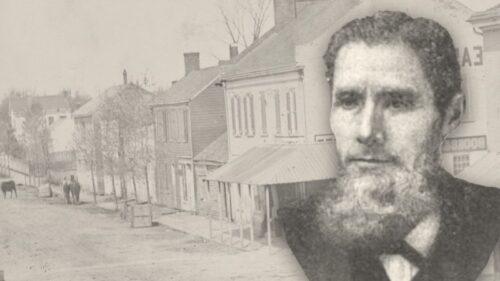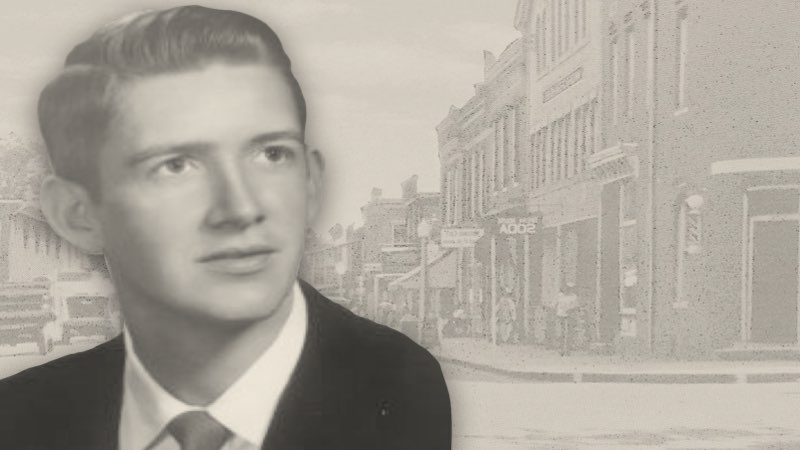-
Trials And The Fallacy Of Time Salvation
Crawfordsville, Ind., Nov. 19, 1899. Elder F. A. Chick – Very Dear Brother In Christ: – The shadow of night is upon our part of the earth, and also a dark mantle of sorrow has fallen upon my spirit to-night, and my heart is troubled, without my scarcely knowing why; for I still realize “The Lord is good, a stronghold in the day of trouble: and he knoweth them that trust in him,” and truly my soul does trust in him. “He is my soul’s sweet morning star, and be my rising sun. “And my sad heart would make this humble appeal to him: “Do not I love thee, O my Lord? Behold my heart and see, And turn each cursed idol out, That dares…
-
Time Salvation
Beloved:—The Old Baptist people have long been troubled with the confusing doctrines of “means of salvation,” “means of grace,” and such like; but not until the present young generation rose up, who assume to be wise above all the fathers, has the confusing and uncertain Sound of “conditional time salvation“ been trumpeted forth in almost all the camps of Israel. The last ten years this strange and startling blast of trumpets has echoed and reechoed with exciting and bewildering effect, and great has been the widespread confusion and division, where peace and good will prevailed before. This dividing of salvation, and subdividing it into fragments and parts, partly eternal salvation, and partly time salvation, (as the teachers of this yea and nay gospel call it,)…
-
Wesleymania: (A Brief Look At The Current Wesleymania In Our Reformed Churches)
Most books on John and Charles Wesley refer to his religion of the heart. We thus find Leslie Church entitling his biography of John Wesley Knight of the Burning Heart and Arnold Dallimore presenting Charles Wesley under the title A Heart Set Free. Yet there was far more to John Wesley and the Arminian Methodist movement that he founded than ‘utterances of the heart.’ Both Augustus Toplady[1] and George Eayrs[2], to mention two theological opposites, stress that Wesley was a thinker and philosopher and due attention must be paid to John Wesley’s head, a head which even his brother Charles often noticed, did not always go the way of his heart. Wesley’s liberty to contradict himself This fact, i.e. the contrary utterances of Wesley’s heart…
-
“Ask For The Old Paths”
Beloved In The Lord: – It is well that we earnestly give heed to this command to Israel. First, let us be solemnly impressed that it is the Lord who thus speaks to his people, as their covenant and faithful God, and for their spiritual welfare, peace and rest. Next, let us well consider that our best interests, safety and well being, is in asking for the old paths, and walking therein. It was a divine command to Israel to remove not the ancient landmarks, which their fathers had set. “This is the way; walk ye in it.” “Be ye followers of me, even as I also am of Christ.” He says, “I am the Way, and the Truth, and the Life.” Prophets of old…
-
Conditional Time Salvation
Is it a Bible doctrine? or Is it a recent heresy? "Truth needs no apology, and error deserves none. Prefatory lies have often atoned for ignorance and ill-will in the Eastern and European worlds; but let the sons of America be free. It is more essential to learn how to believe, than to learn what to believe. "The doctrine and spirit of the following remarks are left for the reader to judge of for himself. Truth is in the least danger of being lost, when free examination is allowed." Elder John Leland We humbly adopt the above sentiment of Leland as we approach this subject. The purpose of this article is singular. We seek to establish that Conditional Time Salvation is not revealed in the…
-
The Origin And Teachings Of Conditional Primitive Baptists
The origin of the English Particular Baptists and the American Particular Baptists may be traced to the first half of the seventeenth century. Generally speaking, both groups came to embrace eighteenth century Hyper-Calvinism, but by the turn of the nineteenth century, were thrown into conflict by the newfangled teachings of Andrew Fuller. The English Particular Baptists separated into the Gillite (Hyper-Calvinist) and Fullerite (Moderate-Calvinist) camps (during the 1780’s), whereas the American Particular Baptists separated into the Primitive (Gillite) and Missionary (Fullerite) camps (during the 1830’s).






